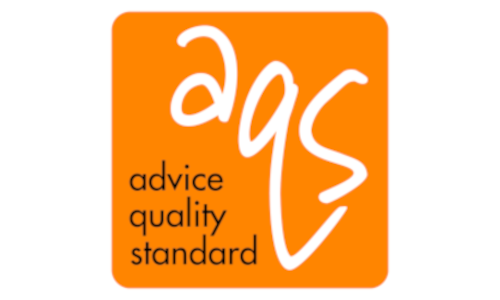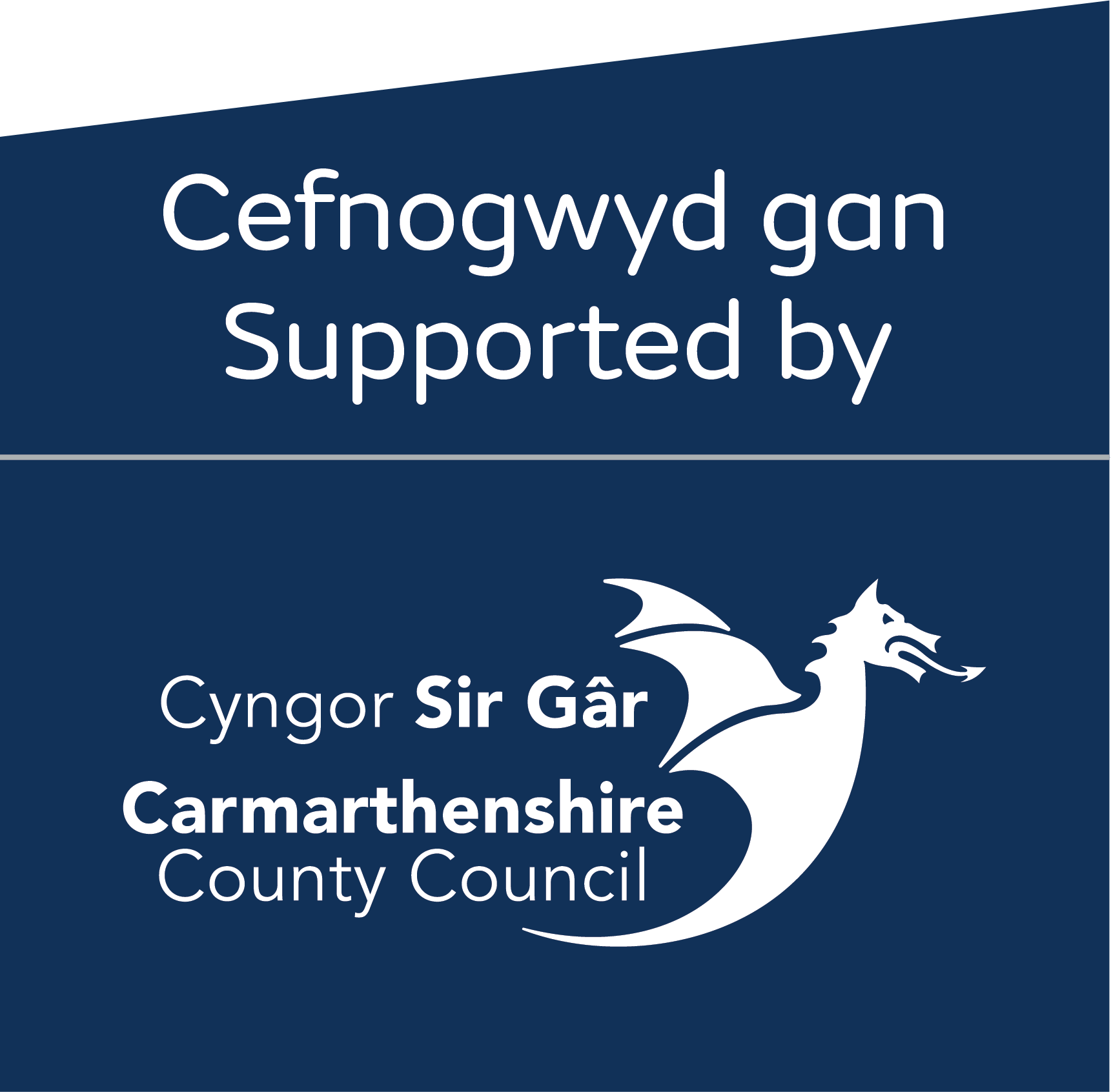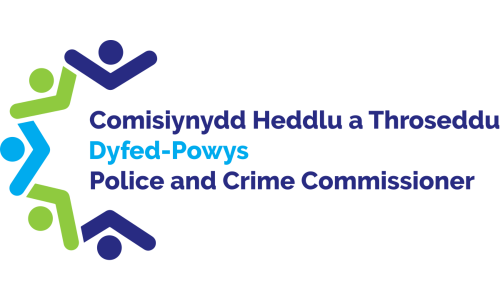Domestic violence is intentional and persistent abusive behaviour which is based on an unequal position of power and control. Domestic violence can include a range of behaviours used by one person to control another with whom they have, or have had, a close or family relationship.
Domestic violence takes many forms, physical, psychological, economic, sexual and emotional and can often be a combination of several of these. It includes forms of violent and controlling behaviour such as: physical assault, sexual abuse, rape, threats and intimidation, harassment, humiliating and controlling behaviour, withholding of finances, economic manipulation, deprivation, isolation, belittling and constant unreasonable criticism. Domestic violence is one element in the overall issue of violence against women, which includes, among other crimes, murder, rape, sexual assault, trafficking, sexual stalking and sexual harassment.
Domestic violence often occurs over a period of time. Victims of domestic violence will experience a range of emotions, including fear, reluctance, uncertainty, worry and stress. Domestic violence can impact upon a person’s self esteem and confidence, all of which can make leaving an abusive relationship a daunting and frightening step.









